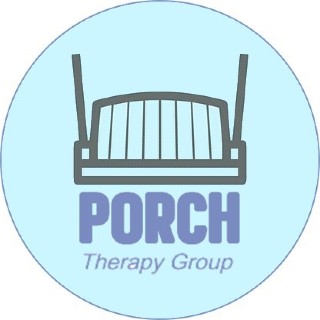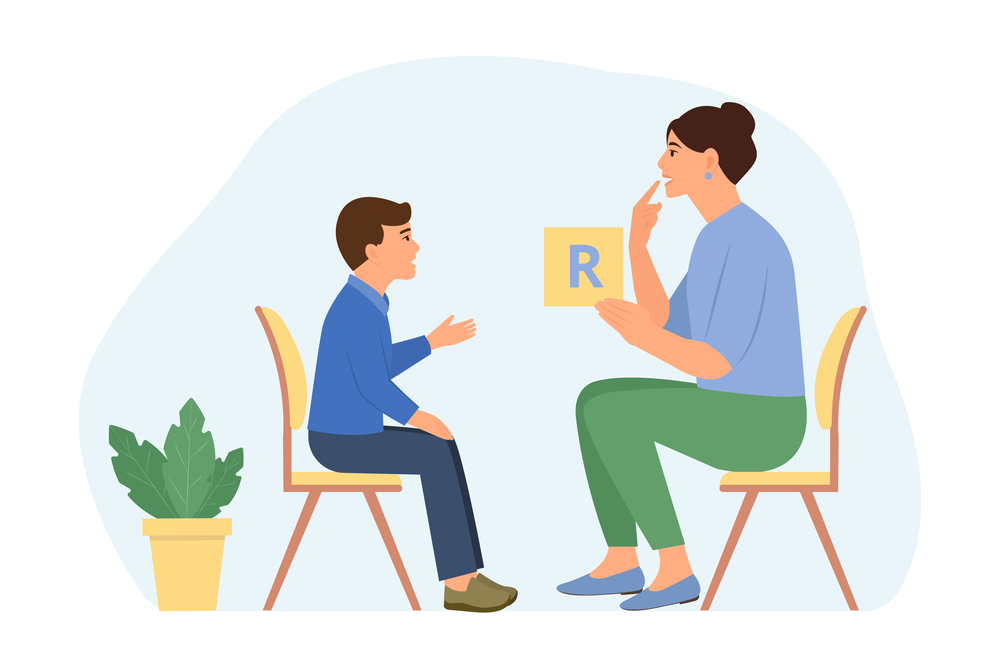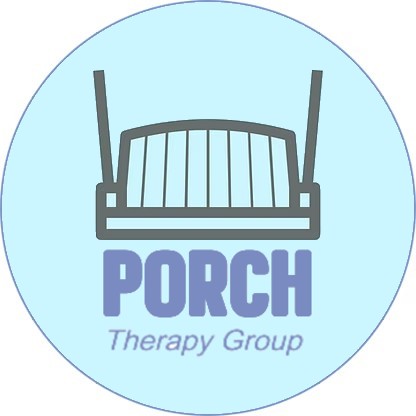

The PORCH Therapy Group is a collaboration of independent counselors committed to Providing Opportunities for Recovery and Courage for Healing (PORCH).
At the PORCH, we realize that successful treatment begins with a strong therapeutic relationship. Therefore, relationships are our priority. This focus allows clients to feel safe and understood, which is a strong catalyst for progress towards healing and reaching their goals. READ MORE ABOUT US

504 West Main, West Plains, MO
Welcome
PORCH providers offer a wide selection of experiences and training. Counseling services include:
- individual, couples, and grief counseling
- play therapy
- EMDR
- trauma-informed counseling
We have several decades of cumulative experience in counseling and other helping professions. With this experience, there is a great deal of knowledge and passion for minimizing heartache, increasing resilience, and changing mental health trajectories.


Christine Dowell
MS, LPC, NCC
Adults
Tel #: 417-815-4253
Fax: 417-254-9658
LEARN MORE

Dana Langston-Fleming
MS, LPC, NCC
Ages 11+
Tel #: 417-553-1242
Fax: 417-356-8795

Erin Rigdon
MS, LPC, NCC
Ages 13+
Tel #: 417-222-2439
Fax: 417-313-0867
LEARN MORE

Audrey Thomas
MS, LPC, NCC
Ages 10+
Tel #: 417-815-6936
Fax: 417-313-0874

Jessica Campbell
MSW, LCSW
Ages 16+
Tel #: 417-744-5682
Fax: 417-313-0882
LEARN MORE

Toni Autry
LCSW
Ages 11+
Tel # 417-807-2813
Fax: 417-313-0752
LEARN MORE

Jenna Hampton
MS, LPC
Ages 11+
Tel # 417-524-2535
Fax: 417-313-0765

Ashli Wake
MS, PLPC
Ages 13+
Tel # 417-390-3105
Fax: 417-815-9395
LEARN MORE

Moiria Seiber
MS, PLPC
Ages 3+
Tel #: 417-744-5682
Fax:
LEARN MORE

Brandy Smith
MS, PLPC
Ages 3+
Tel # 417-783-2959
Fax: 417-313-0893

Individual Therapy | Play Therapy | Trauma-Informed Therapy
Couple Counseling | Grief Counseling | EMDR

Individual Therapy
In individual counseling, the focus is on developing a one-to-one relationship with the therapist. The relationship can take on many facets depending on the approach the therapist is using, but most often involves the creation of an accepting atmosphere along with the use of techniques for the purpose of symptom reduction and/or personal development. The individual is engaged in a self-reflective process on his or her emotions and behaviors.

Play Therapy
Play therapy is used to help children ages 3 to 12 explore their lives and freely express repressed thoughts and emotions through play. Therapeutic play normally takes place in a safe, comfortable playroom, where very few rules or limits are imposed on the child, encouraging free expression and allowing the therapist to observe the child’s choices, decisions, and play style. The goal is to help children learn to express themselves in healthier ways, become more respectful and empathetic, and discover new and more positive ways to solve problems.

Trauma-Informed Therapy
Trauma is the experience of severe psychological distress following any terrible or life-threatening event. Sufferers may develop emotional disturbances such as extreme anxiety, anger, sadness, survivor’s guilt, or PTSD. They may experience ongoing problems with sleep or physical pain, encounter turbulence in their personal and professional relationships, and feel a diminished sense of self-worth due to the overwhelming amount of stress.
Although the instigating event may overpower coping resources available at the time, it is nevertheless possible to develop healthy ways of coping with the experience and diminishing its effects.

Couple Counseling
Couple counseling involves an intense focus on improving the communication pattern within the couple. The therapist is involved in analyzing and offering feedback about the interactions the couple is having, and makes suggestions about ways to improve it. It is typically considered more intensive than individual therapy because both partners are invited to co-create the process of change.

Grief Counseling
Grief is the acute pain that accompanies loss. It is deep, because it is a reflection of what we love, and it can feel all-encompassing. Grief can follow the loss of a loved one, but it is not limited to the loss of people; it can follow the loss of a treasured animal companion, the loss of a job or other important role in life, or the loss of a home or of other possessions of significant emotional investment.

EMDR
Eye Movement Desensitization and Reprocessing (EMDR) is a unique, nontraditional form of psychotherapy designed to diminish negative feelings associated with memories of traumatic events. Unlike most forms of talk therapy, EMDR focuses less on the traumatic event itself and more on the disturbing emotions and symptoms that result from the event. Treatment includes a hand motion technique used by the therapist to guide the client’s eye movements from side to side, similar to watching a pendulum swing.

